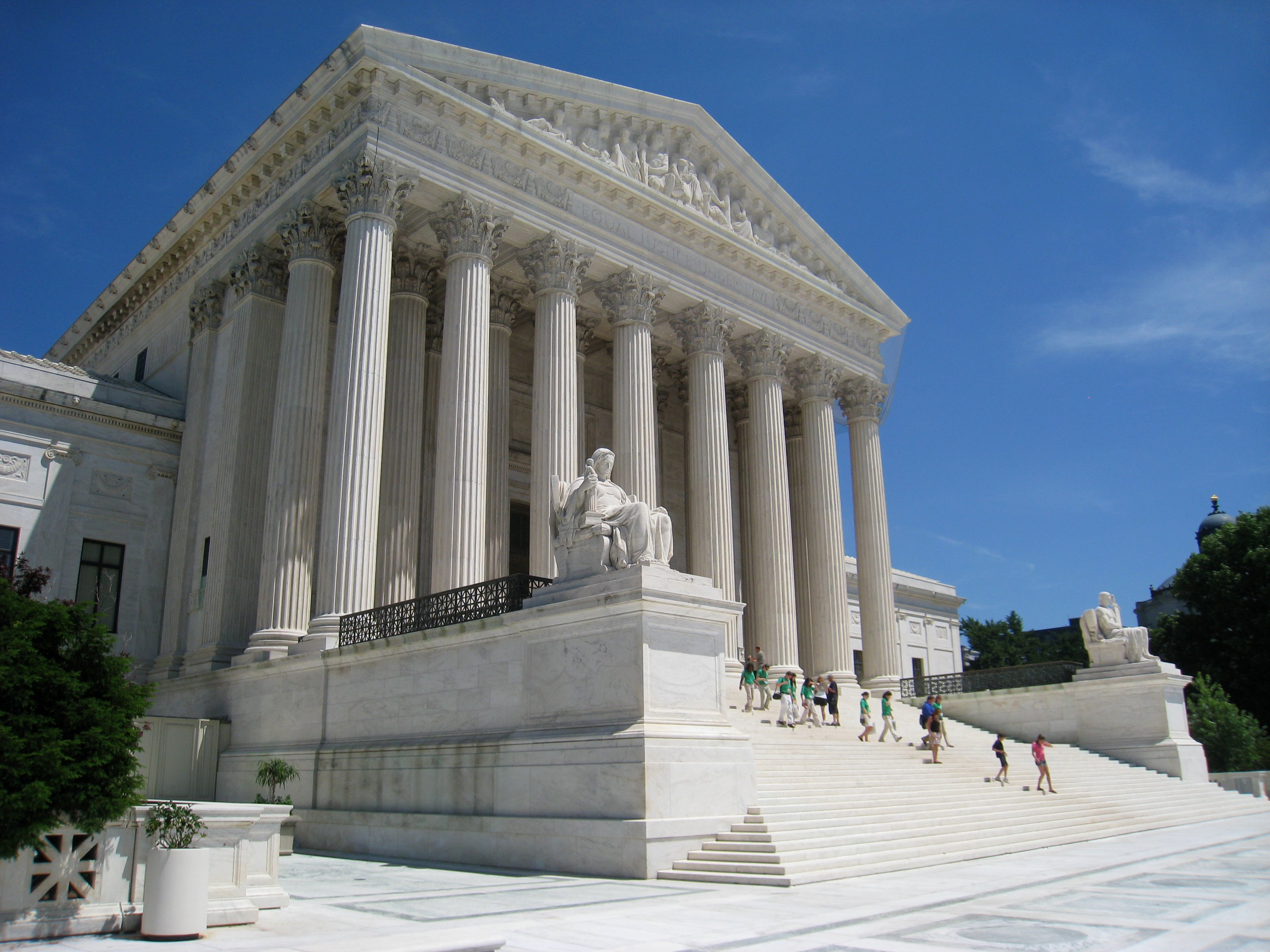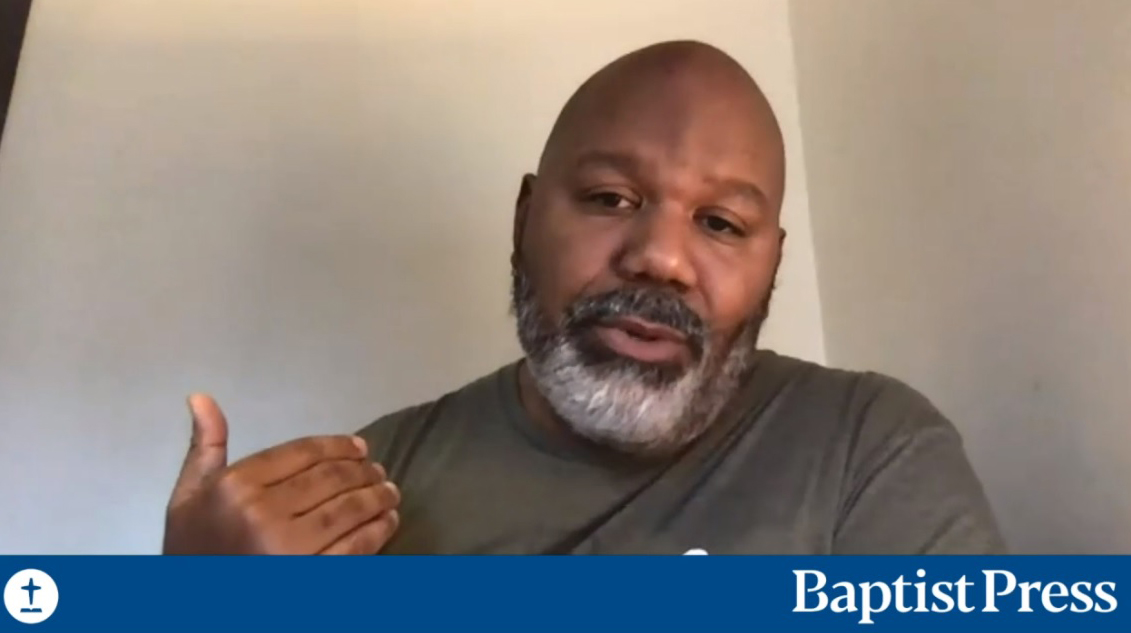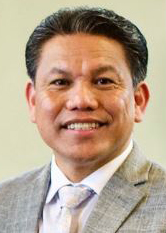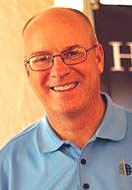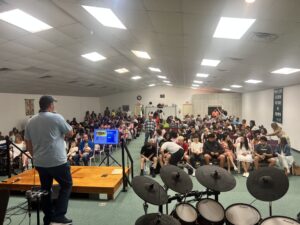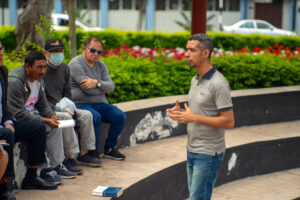
WASHINGTON (BP) — Southern Baptist leaders are urging government officials to treat churches and other religious groups more justly in their reopening policies regarding the coronavirus (COVID-19) pandemic.
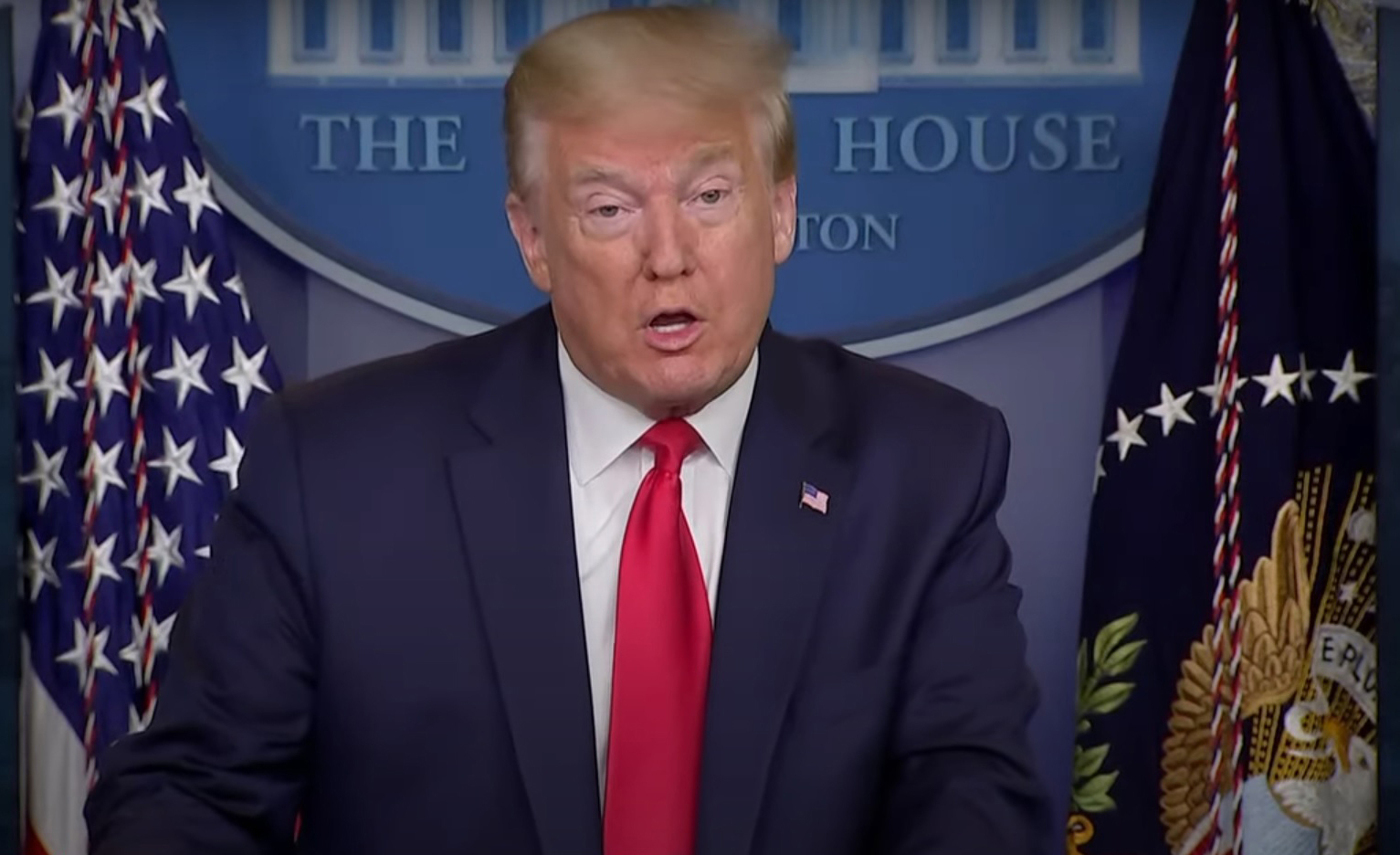 The calls for change came after churches in Minnesota and California told their governors they would begin holding in-person services in defiance of policies they consider to be unequal in treatment. Guidelines issued by Govs. Tim Walz of Minnesota and Gavin Newsom of California are less restrictive on retail businesses than they are on religious groups.
The calls for change came after churches in Minnesota and California told their governors they would begin holding in-person services in defiance of policies they consider to be unequal in treatment. Guidelines issued by Govs. Tim Walz of Minnesota and Gavin Newsom of California are less restrictive on retail businesses than they are on religious groups.
Russell Moore, president of the Ethics & Religious Liberty Commission (ERLC), told Baptist Press: “Governments need to treat churches the same where there is sameness. Providing general guidance on practices and procedures to protect public health is welcomed by churches and businesses alike. Thankfully, this has been the case throughout much of the country.”
In written comments, Moore added that the ERLC and others “must also remind our civic leaders that churches are not the same as a local business in every way. The First Amendment guarantees a distinction. So, whereas guidance is welcomed, directives can quickly descend into threats.
“So when instances like Minnesota and California occur, it is particularly concerning and requires a response. These sorts of challenges to religious liberty must be resolved quickly and clearly.”
President Trump said Friday (May 22) he was “identifying houses of worship … as essential places that provide essential services,” according to The Associated Press. Trump called for governors “to allow our churches and places of worship to open right now,” and threatened to “override” them if they did not do so, The Washington Post reported.
Ronnie Floyd, president of the SBC Executive Committee, said he “was pleased to hear President Trump affirm his stand for religious freedom and that churches are essential to the fabric of America,” adding:
“With pastors, church leaders and church members adhering to proper social distancing practices, our churches should be permitted to open as soon as possible while doing so in a safe and responsible manner.”
Walz’s latest executive order permits 50 percent capacity in retail stores but limits worship services to no more than 10 people. In a letter Wednesday (May 20) to Walz, the Minnesota Catholic Conference and the Lutheran Church–Missouri Synod in Minnesota said despite the governor’s order, their churches would resume worship services May 26 at 33 percent capacity, while practicing social distancing and strict hygiene rules.
Leo Endel, executive director of the Minnesota-Wisconsin Baptist Convention, was on a conference call with Walz’s office Friday morning (May 22) that was to reconvene with the governor later in the day.
“The general sense among the evangelical denominational executives is that we want to be careful, but we want a road map, clear guidance and churches being treated on an equal basis,” Endel said in an email. “Everyone plans to take precaution with social distancing, masks, sanitizing, etc. Most want the next step to set not an acceptable number such as 50 [people] but instead a percentage of the building’s seating capacity.
“Most sense that the ‘genie is out of the bottle.’ If a reasonable plan is not brought forward now, many of the churches will open regardless of the governor’s statement.”
Eric Rassbach — vice president and senior counsel at Becket, a religious liberty advocacy organization, which is representing the Catholic and Lutheran groups in Minnesota — said in a written statement:
“If malls, casinos, liquor stores, bars, and restaurants are reopening, why can’t Minnesota churches? Our Constitution stands for ‘equal justice under law’ and imposing a special disability on churches is anything but.”
In California, Newsom’s executive order allows retail stores and restaurants to open with social distancing in Phase 2 of reopening but postpones worship services until Phase 3.
Church United, a coalition that represents more than 2,500 pastors in the state, has announced worship services will resume with their congregations May 31 regardless of the governor’s order.
Bill Agee, executive director of the California Southern Baptist Convention, encouraged Newsom in a May 15 letter to move churches to Phase 2 of his reopening plan, a spokesman for the convention told BP. In a letter to pastors, Agee said the convention is committed to helping them in the reopening process.
“Your leadership is integral in deciding what is best for your congregation while considering federal, state, and local regulations,” he wrote, adding the church is “essential to life.”
The U.S. Department of Justice wrote Newsom May 19 to say it believes the U.S. Constitution “calls for California to do more to accommodate religious worship.”
“Simply put, there is no pandemic exception to the U.S. Constitution and its Bill of Rights,” Assistant Attorney General Eric Dreiband told Newsom. “Religious gatherings may not be singled out for unequal treatment compared to other nonreligious gatherings that have the same effect on the government’s public health interest, absent the most compelling reasons.”
Travis Wussow, the ERLC’s general counsel and vice president for public policy, told BP the entity works “every day for the fundamental freedom of religious liberty to ensure that churches and houses of worship receive just treatment under the law.”
“As our country reopens, we need state and local leaders continuing to work with the faith community to find ways for our houses of worship to open in a way that serves our communities and keeps them safe,” he said in written remarks. “But this cooperation will require political leaders to treat houses of worship the same as other similar gatherings of people.”
In addition to Becket, other religious freedom organizations — such as Alliance Defending Freedom and First Liberty Institute — have expressed concerns or worked to loosen restrictive policies in such states as Illinois, Indiana, Kansas, Kentucky, Massachusetts, Mississippi, North Carolina and Tennessee.
The overwhelming majority of churches and other religious bodies have abided by government policies during the pandemic. This has resulted in such alternatives as online and drive-in services instead of in-person, corporate worship.


